【新唐人2011年12月23日訊】中共統計局日前公布,中國民主法制的實現程度最高達九成以上。但官方並沒有公開調查的樣本範圍、分佈及構成,數據自然引起外界的質疑。經濟學家指出,中國人民從來沒有選舉權和監督權,在基本民主法制基礎上沒有實現的時候,這個數據顯得非常荒謬。
中共統計局12月19號發佈《中國全面建設小康社會進程統計監測報告(2011)》,報告由經濟發展、社會和諧、生活質量、民主法制、文化教育、資源環境等6個方面23項指標組成。
報告數據顯示,2010年中國全面建設「小康社會」的實現程度達到80.1%,比2000年提高20.5個百分點;2010年中國在「民主法制」方面的實現程度則為93.6%,是六個方面實現程度最高的。
報告聲稱,數據通過抽樣調查取得,但統計部門並沒有公開這個調查的樣本範圍、分佈及構成。
經濟學家草庵居士表示,中共統計局能對「中國民主法制社會」統計出數據來,是一件非常荒唐的事情。
草庵:「中國所有納稅人在付出金錢之後,他沒有辦法選擇自己的對享受服務的選擇權,根本就不是一個法制社會。 所以在這一點上,中國(共)政府就完全是一個沒有法制的一個國家。現在中國既然是沒有法制的國家,中國(共)政府就談不上所謂的民主法制的程度。」
草庵指出,中國人民從來就沒有選舉權和監督權,這個數據就是中共再次欺騙中國百姓的一個證明。
草庵:「在中國大家都知道(中共)是獨裁的統治,中國在憲法上就明確規定,中國共產黨領導一切。人民是沒有選舉權的,在這個最基本民主法制基礎上都沒有實現的時候,再談甚麼所謂的民主法制的一個程度,是一個非常荒謬的。」
2011年全國人大基層換屆選舉,出現了中共建政以來最大規模的民間參選,但卻遭到中共當局的打壓。江西下崗女工劉萍等3位獨立候選人,相繼遭到當局非法傳喚、拘押及恐嚇。
今年九月,為了調查舉證新余政府在基層選舉中的違法情況,新余獨立參選人李思華與代理律師王成準備一同前往新余市人大,詢問有關舉報選舉違法的答復,但李思華再次被當地「維穩」人員劫走,而律師王成則被警察暴力毆打。
同一天,北京13位人大代表參選人發出公告,計劃隔天(9月30號)為獨立參選人韓穎進行參選宣傳。但這13位參選人從當天晚間開始,大部分受到當局限制,失去自由。
草庵表示,中共當局所說的民主法制跟西方的民主法制,以及國際上的普世價值,人權等相差甚遠。因此,國際上對中共統計的所有經濟、社會各方面的指標都是質疑的。
新唐人記者陳漢、唐睿、薛莉採訪報導。
China achieves 90% rating for Democratic and Legal System.
Belief or disbelief?
National Bureau of Statistics of China (NBSC) announce 90%
achievement in establishing a democratic and legal system.
However, no official survey data have been disclosed, leading
to doubts about it's legitimacy.
Where did it take place? How were the statistics calculated?
Economists point out that Chinese people have no right to
vote, and no right of government monitoring.
Even a basic democratic and legal system has not been
achieved, undermining NBSC 's announcement.
On December 19, NBSC issued the 'Monitoring Report on
construction of well-off society of China Statistics 2011.'
This was separated into six sections:
Economic development, social harmony, life quality, culture
and education, democracy and legal system, environment.
The report claims China's construction of a well-off society,
increased to 80.1% in 2010, 20.5% higher than 2000.
The achievement in a democratic and legal system was
93.6%, the highest among the six aspects.
The report claims the data is collected from a sample survey,
but the statistics department did not disclose any details.
Economist Caoan Jushi questioned the NBSC data.
Caoan: “When people pay their taxes, they have no rights to
choose the services they deserve, China has no legislation.
On this point, the Chinese Communist Party (CCP) is a
completely lawless country.
Without a legislation system, the CCP shouldn't mention
so-called progress in democracy or a legal system.
Caoan reminded there is no governmental monitoring or right
to vote. The report is further evidence of CCP deception.
Caoan: “We know China is a dictatorship. Their
constitution clearly indicates the CCP is above everything.
People have no right to vote, nor has a basic democratic or
legal system been achieved.
Describing a smooth progression to democracy is absurd.
In 2011, during people 's congress 's general election,
it appeared the largest scale of individual candidates joining
the election since the CCP ruling the country.
However, it was suppressed by the CCP.
Three laid-off workers of individual candidates in Jiangxi
were illegally summoned, detained and threatened.
In September in Xinyu city, there were investigations into
illegal government behaviour during the general election.
Candidate Li Sihua, and lawyer Wang Cheng, visited Xinyu
People's Congress office, asking about election laws.
Li Sihua was kidnapped by 'maintaining stability guards',
and lawyer Wang Cheng was beaten by police.
On the same day, 13 Beijing candidates issued a notice to
hold an election campaign for individual candidate Han Ying.
By that evening, most of their freedom had been restricted
by local authorities.
Caoan compared CCP claims of democracy and a legal system
with western countries universal values and human rights.
He said that there was a long way to go, thus there are doubts
internationally as to China's economic and social statistics.
NTD reporters Chen Han, Tang Rui and Xue Li
看下一集
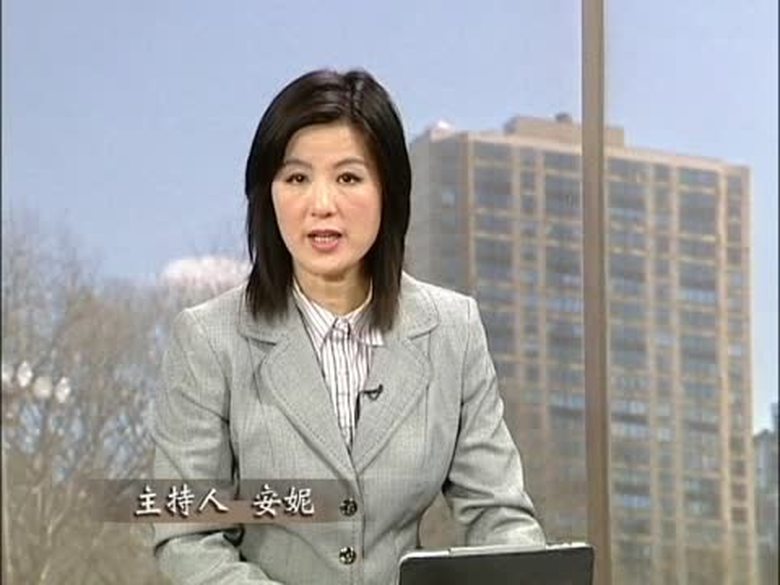
【禁聞論壇】如何應對中國即將出現的大變革?
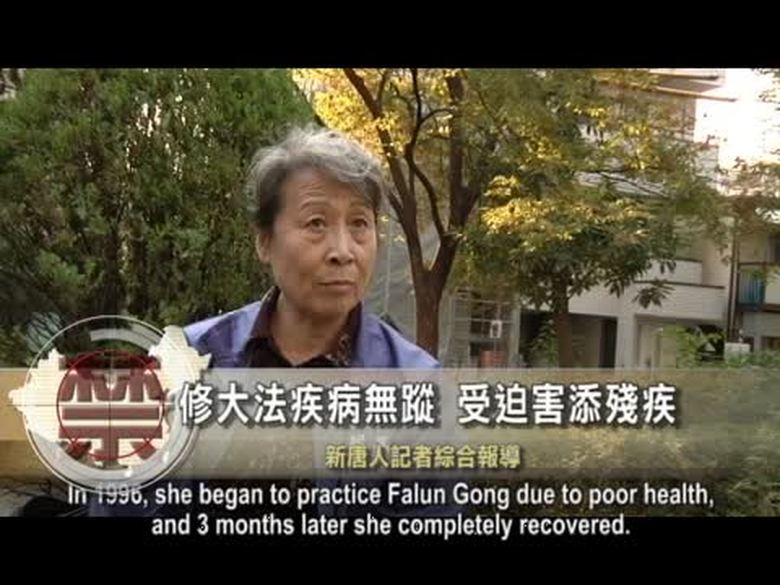
【禁聞】修大法疾病無蹤 受迫害添殘疾
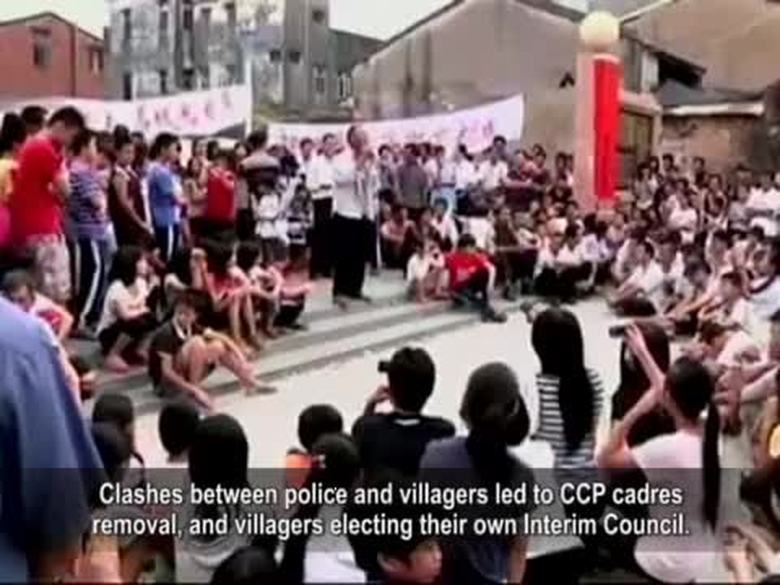
【禁聞】首例承認村民自選組織 汪洋受考驗

【禁聞】金正恩行使軍權 韓美中對朝釋善意
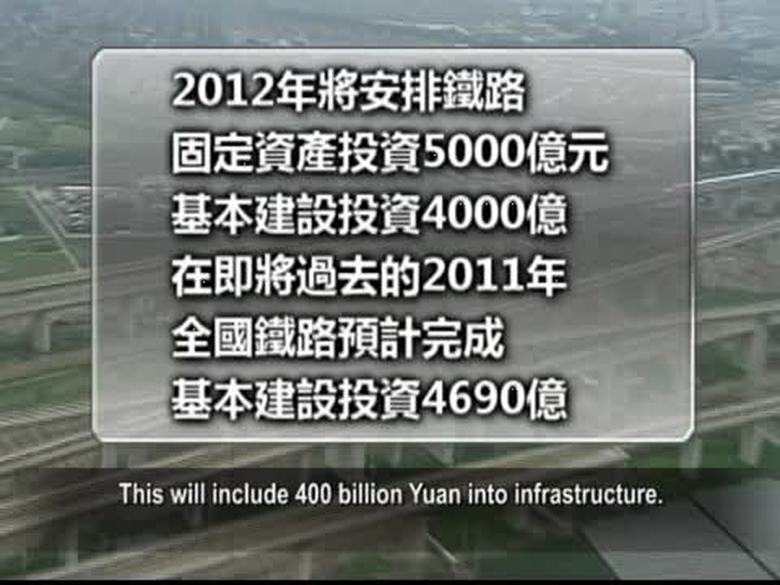
【禁聞】鐵道部承認「大躍進」
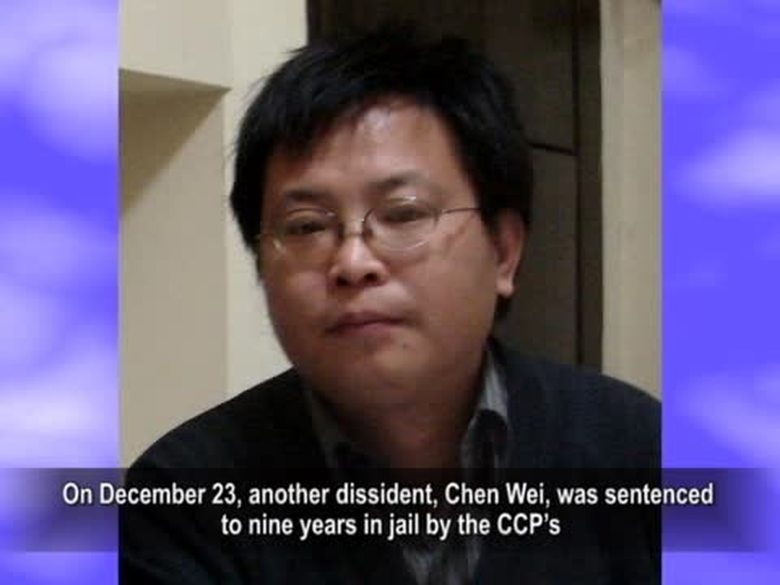
【禁聞】中共借聖誕日打壓異議人士
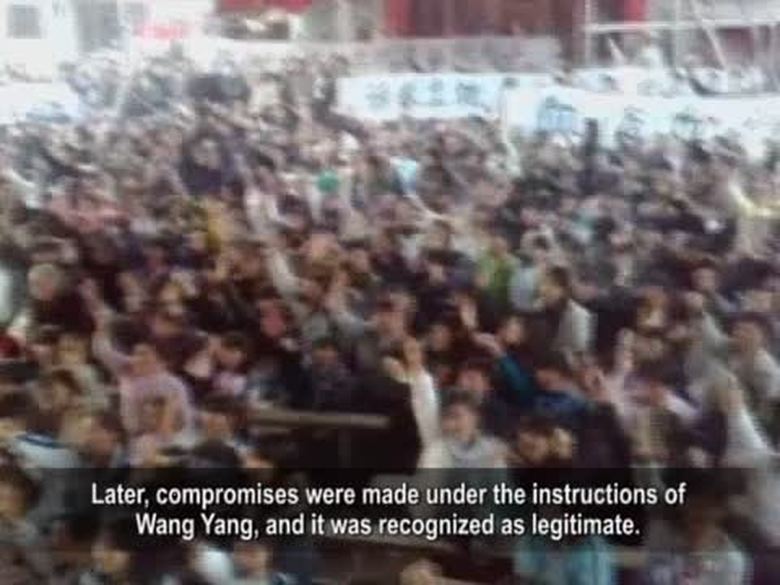
【禁聞】六常委捧薄不見胡 汪洋廣東施軟硬
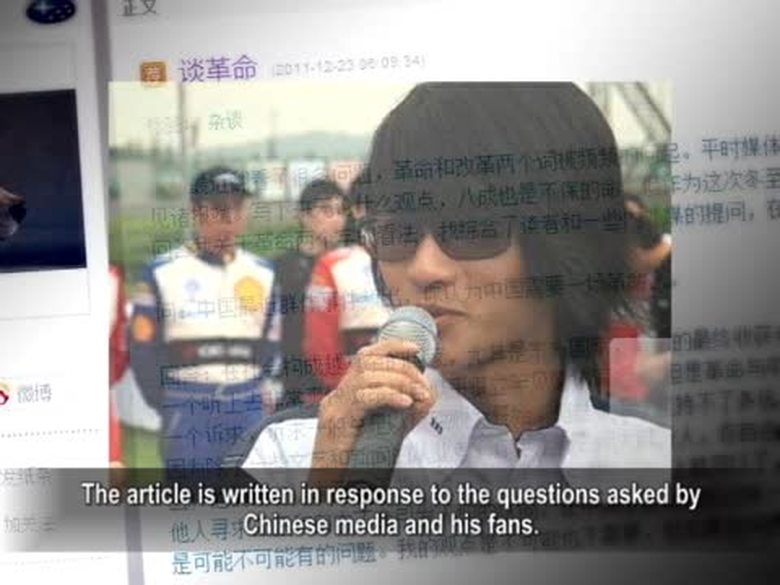
【禁聞】韓寒談革命說民主 學者指片面誤解
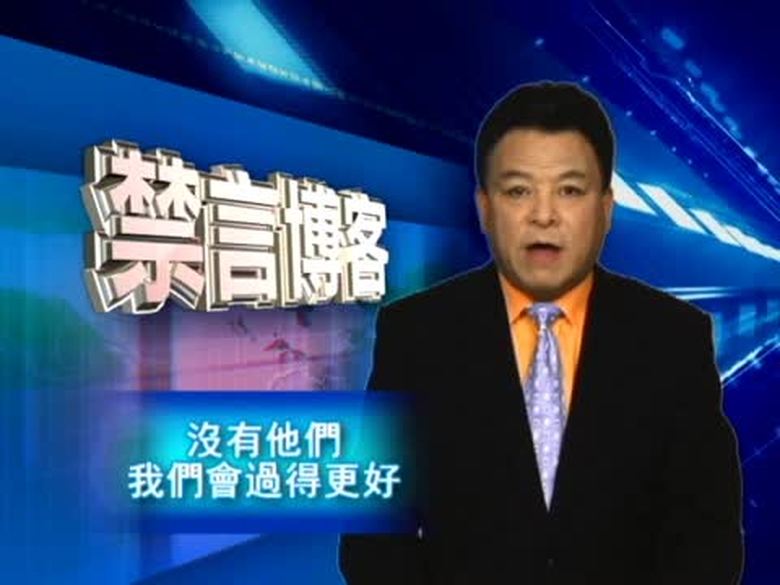
【禁言博客】沒有他們,我們會過得更好
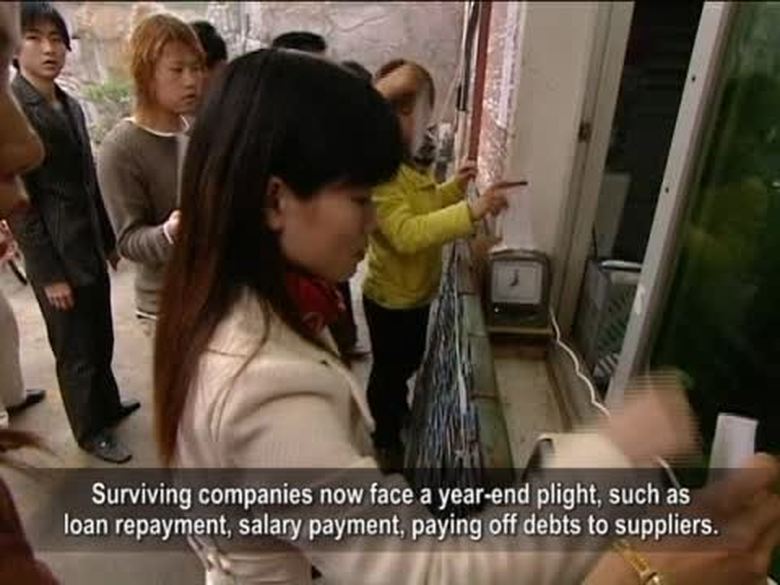
【禁聞】滯漲與軟著陸 2012中國經濟何處去?

【禁聞】黑客嘲弄實名制?大陸網站中招
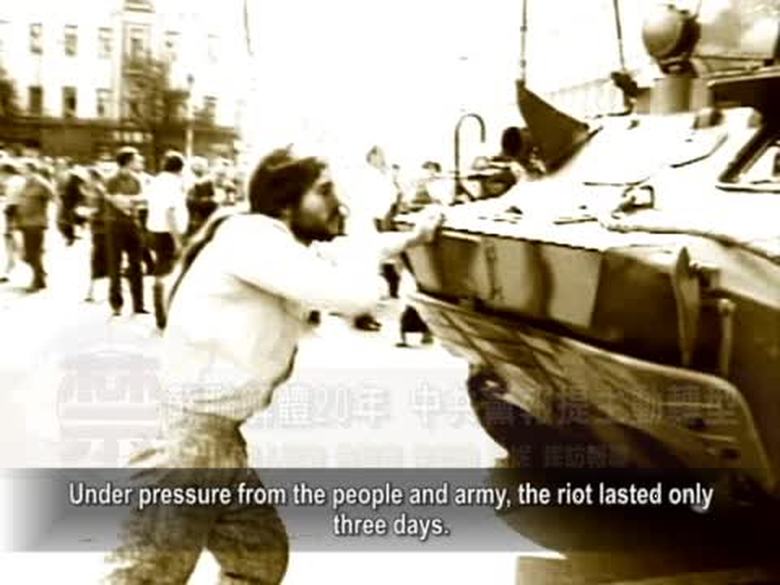
【禁聞】蘇聯解體20年 中共黨報提主動轉型
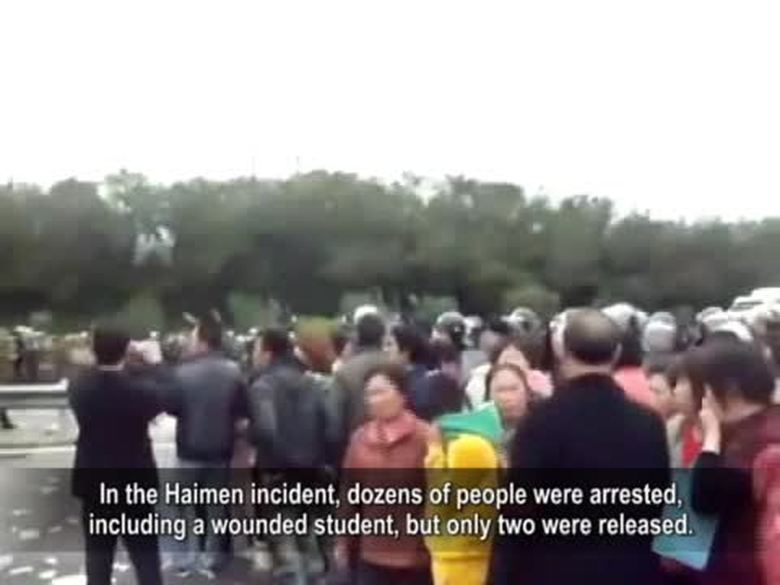
【禁聞】汕頭海門村民前途未卜

【禁聞】天價茅臺 中共的賄絡酒
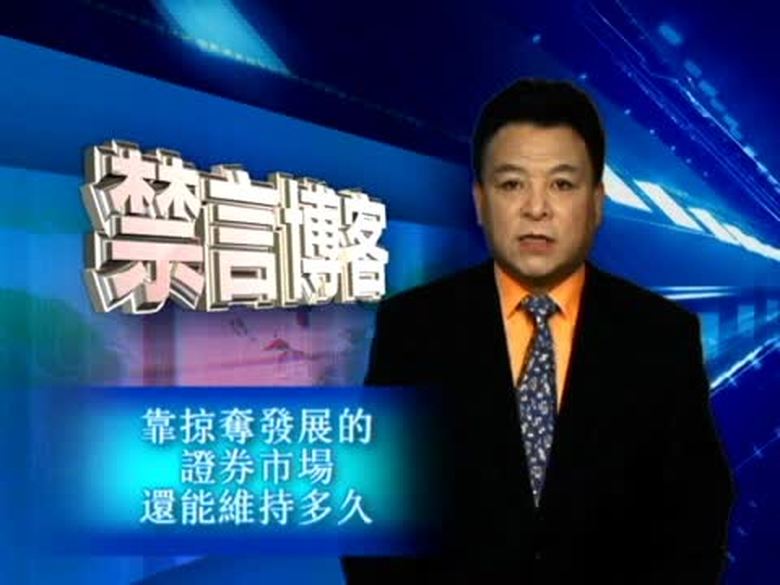
【禁言博客】靠掠奪發展的證券市場還能維持多久?
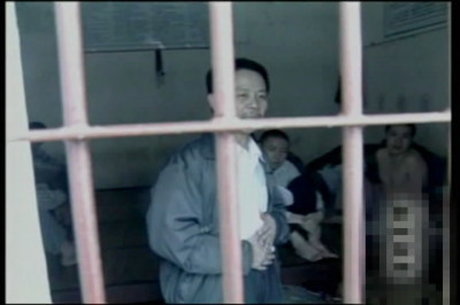
【禁聞】刑訴法二審完成 秘密失蹤合法化








